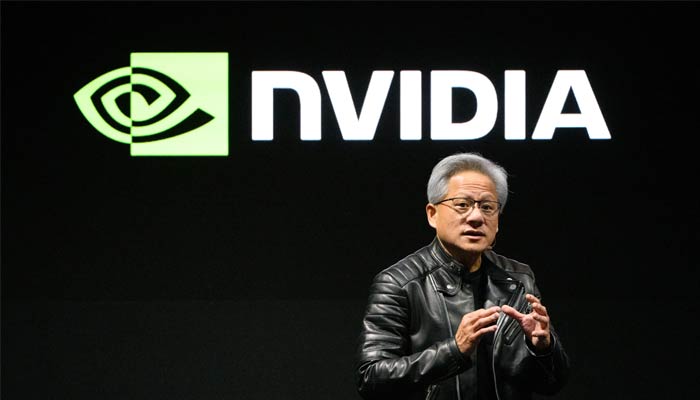
While it's planning to double down on the opportunity to build robotics and other industrial artificial intelligence (AI) applications, Nvidia is also investing in MetAI, a startup based in Taiwan, to get the effort off the ground.
MetAI has built a model that can rapidly generate “SimReady” (simulation-ready) digital twins using AI and 3D technology. The model converts CAD files into functional 3D environments within minutes.
Currently, Nvidia is backing MetAI in its first round of funding with a $4 million seed round, the chip giant’s first investment into a Taiwanese startup.
MetAI claims that the digital twins will be central to that effort. In an interview, MetAI CEO and co-founder Daniel Yu stated: “Digital twins have long been seen as a barrier to entry for physical AI due to the months or even years of effort required for development.”
MetAI focuses on AI-powered digital twins tailored to improve semiconductor fabs, smart warehouses, and automation. Additionally, it generates synthetic data within AI-enabled digital twin environments.
“Unlike competitors that prioritise operational efficiencies or IoT integrations, MetAI leverages generative models and AI-driven layouts to create digital twins designed for physical AI training and implementation in real-world operations,” Yu stated. “This approach not only accelerates the creation of digital twins but also ensures their direct usability for advanced automation systems like robotics, bridging the gap between simulation and reality.”
MetAI differentiates itself by creating artificial data within its AI-enabled digital twin environments. Yu noted that it allows users to generate synthetic data customised for particular operational requirements, facilitating AI training and validation.
“Instead of creating isolated datasets, MetAI builds dynamic virtual worlds (i.e., world simulators) — realistic virtual environments that operate exactly like the real world,” Yu added.
In an interview with TechCrunch, Yu said that with the latest funding, MetAI is set to expand its R&D team for faster development and execution of its go-to-market plans to meet growing demand. On top of that, the Taiwan-based startup planning to establish a US office and relocate its headquarters in the second half of 2025.
















